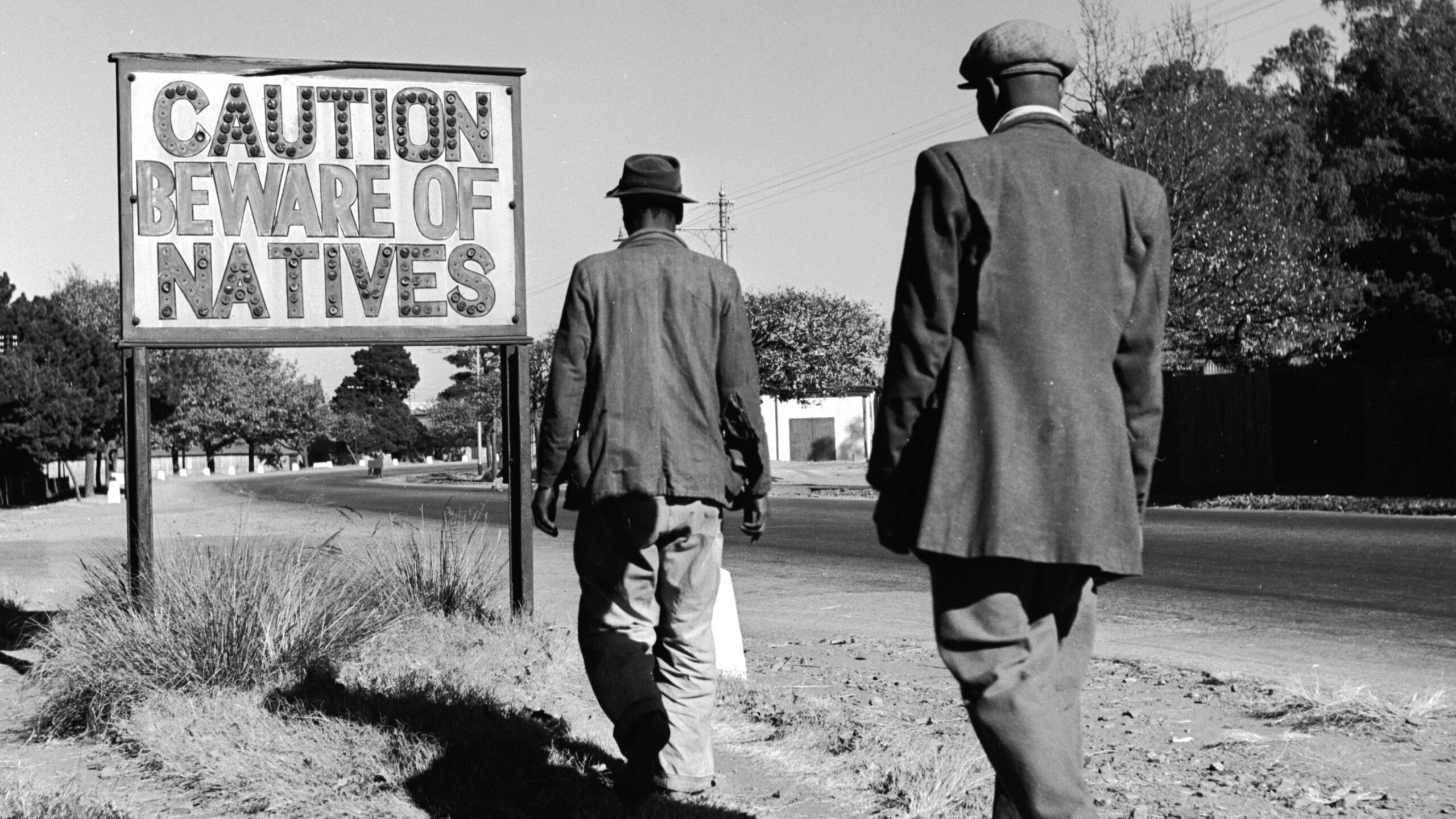Apartheid South Africa 1940s to 1960s Essay for Grade 11

On this page, we guide grade 11 student on how to write “Apartheid South Africa 1940s to 1960s Essay”.
Apartheid South Africa 1940s to 1960s Essay for Grade 11
Apartheid in South Africa was a system of institutionalised racial segregation and discrimination that existed from the late 1940s until the early 1990s. This period in South African history is marked by the enforcement of legal policies and practices aimed at separating the races and maintaining white dominance in all aspects of life. The years between the 1940s and the 1960s were critical in laying the foundations and entrenching the policies that would define this era. This essay will explore the implementation of apartheid laws, resistance movements, and international reactions to apartheid from the 1940s to the 1960s.
Implementation of Apartheid Laws
The formal introduction of apartheid can be traced back to the National Party’s victory in the 1948 elections. The party, which represented the Afrikaner nationalist interest, institutionalised apartheid as a means of securing white dominance. Key legislation enacted during this period included:
- The Population Registration Act (1950): This act classified all South Africans into racial groups – ‘white’, ‘black’, ‘coloured’, and ‘Indian’. This classification was a prerequisite for the implementation of other apartheid laws.
- The Group Areas Act (1950): This law geographically segregated South Africans by race, determining where different racial groups could live, work, and own property.
- The Suppression of Communism Act (1950): Though ostensibly aimed at combating communism, this act was frequently used to silence critics of apartheid, including non-communists.
Resistance Movements
Resistance against apartheid came from various quarters, including political parties, trade unions, and individual activists. The most prominent of these movements included:
- The African National Congress (ANC): Initially adopting a policy of peaceful protest, the ANC organised strikes, boycotts, and civil disobedience campaigns. Following the Sharpeville Massacre in 1960, the ANC shifted to a strategy of armed struggle.
- The Pan Africanist Congress (PAC): A breakaway from the ANC, the PAC also played a significant role in organising protests against apartheid, notably the anti-Pass Laws protest that led to the Sharpeville Massacre.
- Sharpeville Massacre (1960): A turning point in the resistance against apartheid, where a peaceful protest against pass laws in Sharpeville turned deadly, with police opening fire on demonstrators, resulting in 69 deaths.
International Reactions to Apartheid
The international community’s response to apartheid was initially muted, but as the realities of apartheid became more widely known, international condemnation grew. Significant aspects of the international reaction included:
- United Nations Condemnation: The UN General Assembly adopted a resolution in 1962 calling for sanctions against South Africa, urging member states to cease military and economic relations with the apartheid regime.
- Isolation in Sports: South Africa was banned from the Olympic Games and other international sporting events, highlighting the growing international isolation of the apartheid government.
Student Guide
When writing an essay on Apartheid in South Africa from the 1940s to the 1960s, focusing on clarity, depth, and evidence-based arguments is crucial. Here are some useful tips to enhance your essay writing:
- Start with a Strong Thesis Statement:
- Clearly state your essay’s main argument or analysis point at the end of your introduction. This sets the direction and tone of your essay. For example, “This essay argues that the apartheid laws enacted between the 1940s and 1960s not only institutionalised racial segregation but also laid the foundation for the resistance movements that eventually led to apartheid’s downfall.”
- Organise Your Essay Logically:
- Use subheadings to divide your essay into manageable sections, such as the implementation of apartheid laws, resistance movements, and international reactions. This helps readers follow your argument more easily.
- Use Evidence to Support Your Points:
- Incorporate specific examples and quotes from primary and secondary sources to back up your statements. For instance, reference the Population Registration Act when discussing racial classification or cite international condemnation from United Nations resolutions.
- Analyse, Don’t Just Describe:
- Go beyond simply describing events by analysing their impact and significance. For example, when discussing the Sharpeville Massacre, explore its effect on both the apartheid government’s policies and the tactics of resistance movements.
- Acknowledge Different Perspectives:
- While focusing on the factual history of apartheid, also acknowledge the various perspectives on apartheid policies and resistance efforts, including those of the government, opposition movements, and international bodies.
- Conclude Effectively:
- Summarise the main points of your essay and reiterate your thesis in the context of the information discussed. Offer a concluding thought that encourages further reflection, such as the legacy of apartheid in contemporary South Africa.
- Reference Accurately:
- Ensure all sources are accurately cited in your essay to avoid plagiarism and to lend credibility to your arguments. Follow the specific referencing style required by your teacher or educational institution.
- Proofread and Revise:
- Check your essay for spelling, grammar, and punctuation errors. Also, ensure that your argument flows logically and that each section supports your thesis statement.
- Seek Feedback:
- Before final submission, consider getting feedback from teachers, peers, or tutors. Fresh eyes can offer valuable insights and identify areas for improvement.
By incorporating these tips, you can create a well-argued, informative, and engaging essay on Apartheid in South Africa that meets the expectations of a Grade 11 history assignment.
The period from the 1940s to the 1960s was pivotal in the establishment and consolidation of the apartheid system in South Africa. Through the enactment of draconian laws, the apartheid government institutionalised racial discrimination, which led to widespread resistance within the country and condemnation from the international community. This era laid the groundwork for the struggles and transformations that would eventually lead to the end of apartheid.
